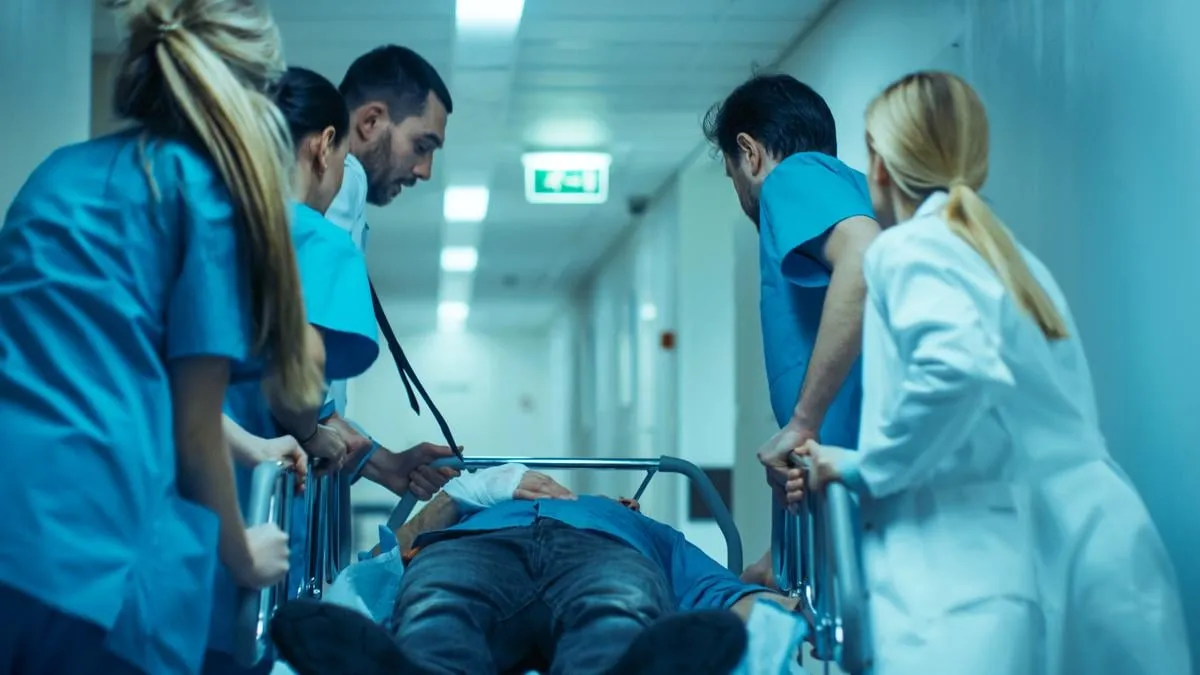AI's Role in Emergency Rooms: Current Limitations and Future Potential

AI's Limitations in Emergency Departments
Medical technology advancements bring new tools to hospitals, yet AI maintains significant limitations, especially in emergency settings. A recent study published in Nature Communications outlines the pitfalls of relying on AI systems like ChatGPT in emergency rooms (ERs).
Study Findings
Researchers analyzed data from over 1,000 ER visits to assess ChatGPT's recommendations. Findings indicated:
- AI recommendations frequently resulted in unnecessary diagnostics and treatments.
- ChatGPT-4 displayed an accuracy rate 8% lower than human doctors.
- ChatGPT-3.5's accuracy dropped by 24%.
Implications for Healthcare
These results demonstrate that while AI can assist clinicians, it should not be solely relied upon for critical decisions in emergency care settings. Chris Williams, lead researcher, stresses that AI needs enhanced frameworks to balance patient safety with resource management.
This article was prepared using information from open sources in accordance with the principles of Ethical Policy. The editorial team is not responsible for absolute accuracy, as it relies on data from the sources referenced.